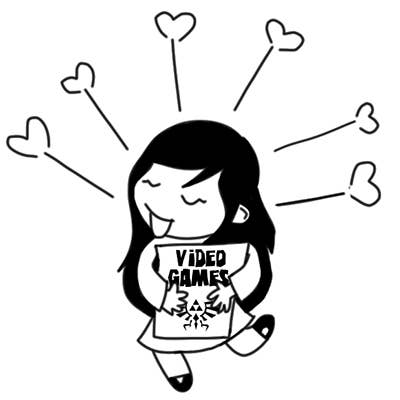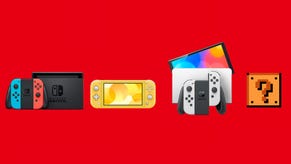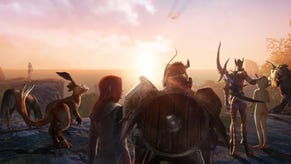Kim Swift's call to arms for female devs
Why the game designer wants them to be seen, loud and strong
Game designer Kim Swift has called on women in the industry to make themselves more visible, in order to help inspire the next generation and bridge the gender gap.
“We need to change the make up of our industry, because games are a reflection of their creators,” she said in her blog.
“I see the solution to this problem coming not a year from now, not five years from now, but twenty. When this current generation of kids sees the good example that we should be setting now. And though we may not be able to tell it completely like it is just yet, there's still plenty we can do to help future generations of game developers.”
Swift, who is best known for her work on Portal, asks her fellow female developers to be visible, outspoken, strong and kind.

“Be everything that the younger versions of us could've pointed to and proudly said: 'Girls make games too.'”
Reacting to the 1ReasonWhy hash tag, Swift insisted that she loved the industry, and that her bad experiences were “dwarfed in comparison to the love of making games.”
“So when I blather endlessly about a game I'm working on until my eyes bleed, in the back of my head, I hope that there's a little girl out there that realises her dreams are achievable.”









